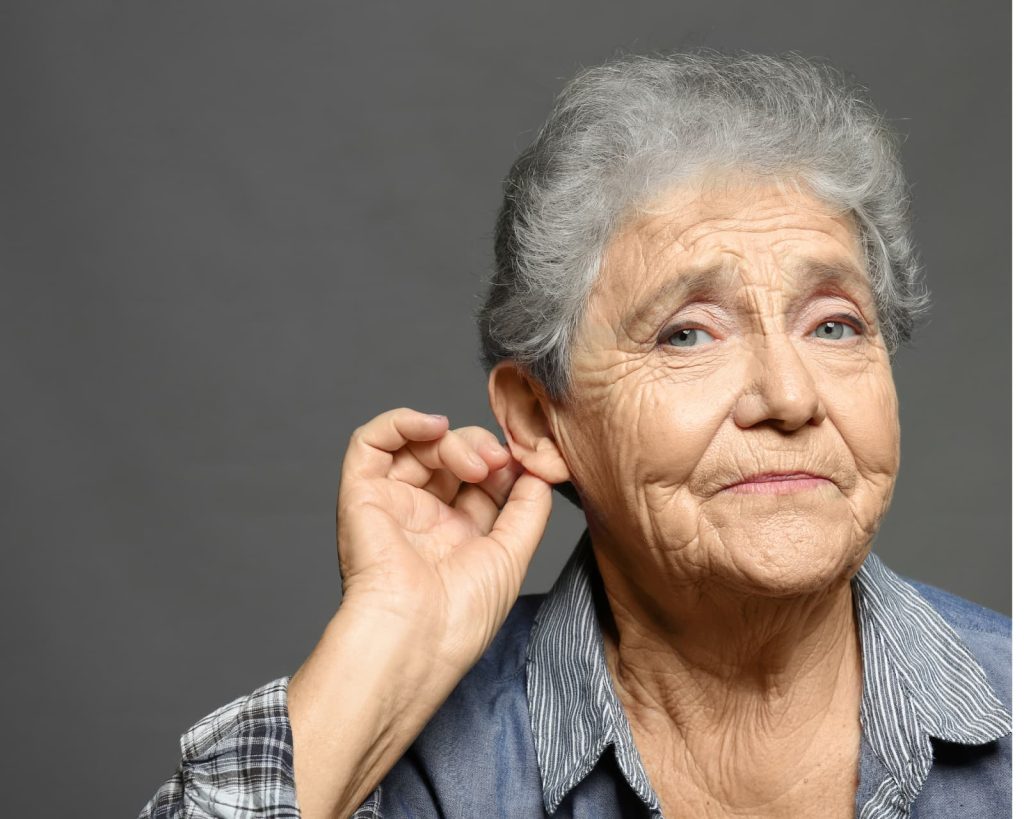Although hearing aid technology has drastically improved in recent years, some levels of hearing loss need something more technologically advanced to help with hearing loss. If hearing aids don’t provide the assistance required, the individual may be a candidate for a cochlear implant. What exactly is a cochlear implant? What type of hearing loss is Read more..
Should You Stop Wearing Hearing Aids?
Getting used to new hearing aids can be challenging. It may feel awkward and uncomfortable at times! Like anything new, habits have to be formed to get used to wearing your hearing aids. When you first start wearing hearing aids, it is recommended that you practice wearing them as often as possible. It may be Read more..
Is My Hearing Aid Dying?
It’s essential to keep your hearing aid working well, but it’s challenging to know when to replace your current unit with a new one. There are sure signs that your hearing aid needs to be replaced and care tips that will help it last longer. Let’s look at what you can do to get the Read more..
What to Expect for an Ear Cleaning
Everyone makes earwax. But some people produce more earwax than others. The shape of the ear canal, the ratio of ceruminous vs. sebaceous glands in the ear, and even the age or lifestyle of an individual are all contributing factors in earwax production. Earwax, also known as cerumen, is a yellowish substance healthy ears produce. Read more..
Over the Counter Hearing Aids Vs Prescription Hearing Aids
What is the difference between over-the-counter hearing aids and prescription hearing aids? After all, the right device can dramatically impact hearing health. Let’s learn more about OTC hearing aids and why it’s best to have professionals fit you for hearing aids. The FDA and Over the Counter Hearing Aids The US Food and Drug Administration Read more..
Can Hearing Loss Cause Vertigo?
Have you ever suddenly felt extraordinarily dizzy or off-balanced? Sometimes standing up too quickly or exerting a lot of energy can make you feel unsteady. But if that dizziness is becoming a common occurrence, you may be experiencing vertigo. Vertigo is often related to problems of the ear — three out of four vertigo cases Read more..
How Presbycusis Begins and What Can You Do?
Age-related hearing loss, called Presbycusis by hearing professionals, is the hearing loss that usually occurs as we grow older. It’s one of the most widespread health conditions affecting people over 50. Age-related hearing loss is not life-threatening. Still, it can have a significant impact on the quality of your life. According to research, at Read more..
Is Hearing Loss a Hereditary Condition?
Have you found yourself wondering if hearing loss is a hereditary condition? Whether you have hearing loss and are planning for a family or are experiencing signs of hearing loss and are simply curious, it’s natural to question if (and how) genetics factor into hearing loss. Understanding how hearing loss can come about and the Read more..
End of Year Hearing Tests
2022 is coming to a close, but before you prepare for your new year’s celebrations – it might be worth booking a hearing test. It’s the last thing you want to think about. But in this article, we’ll explain why the end of the year is the best time to consider getting your hearing tested, Read more..
Why Ringing in the Ears Worsens
Tinnitus – or ringing in the ears – is experienced by more than 50 million Americans (as estimated by the American Tinnitus Association). Studies suggest that, like many hearing issues, it becomes more common with age and can be the first sign of age-related hearing loss. For many, it’s a minor annoyance. For others, it Read more..












